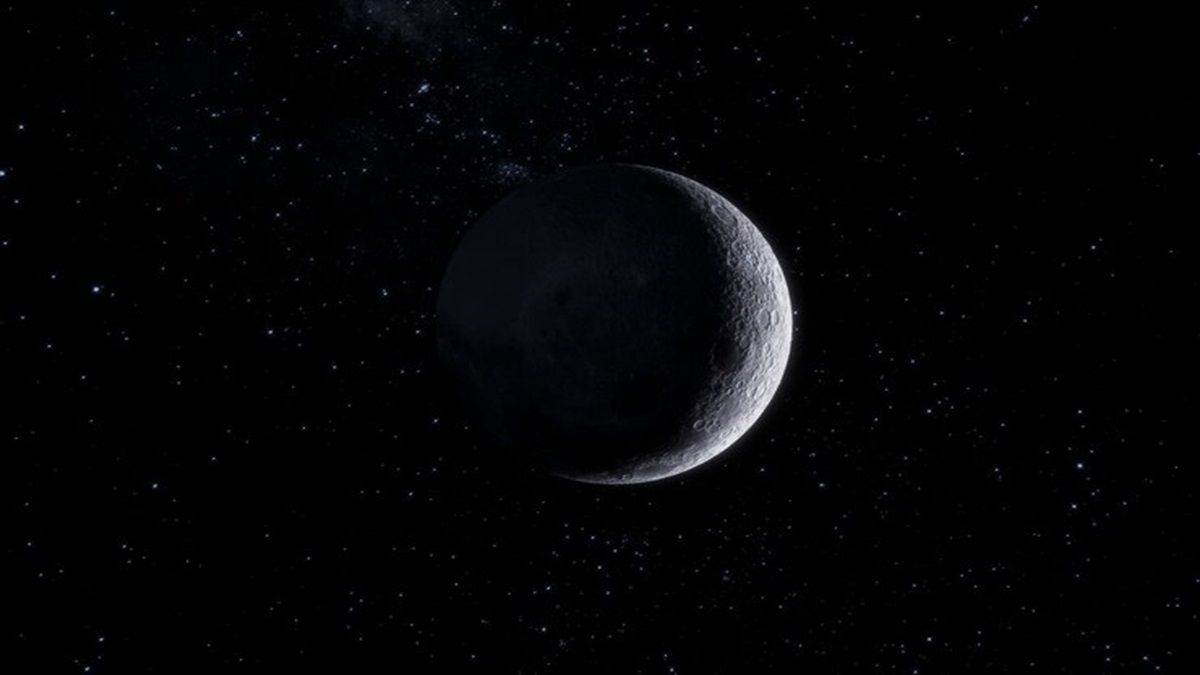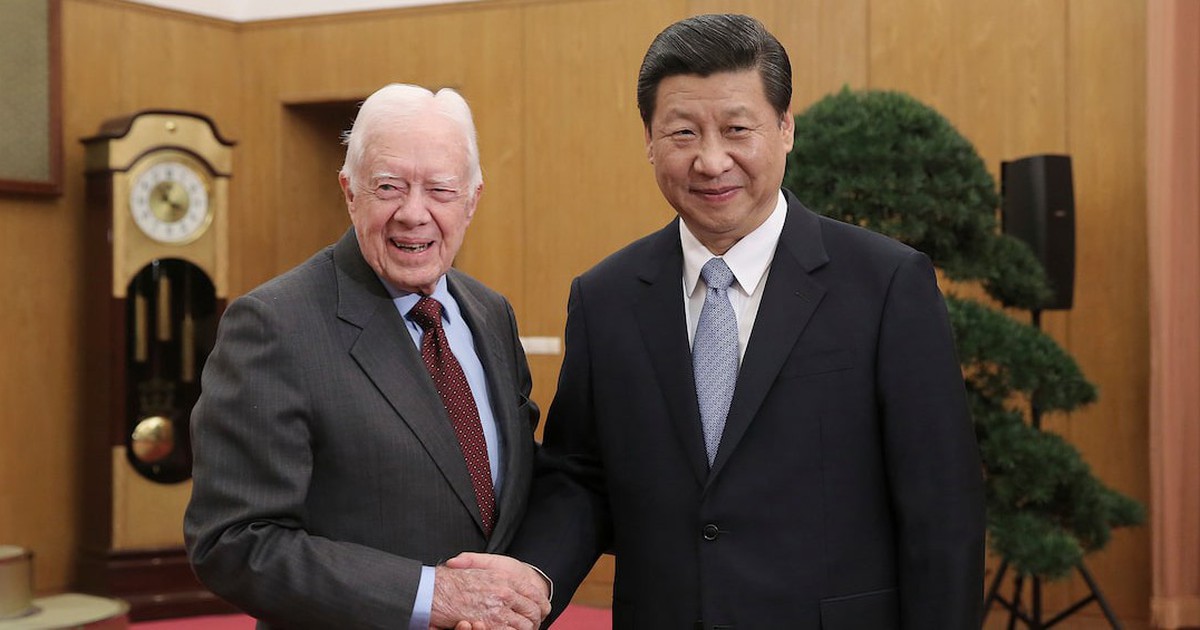Income Tax Disputes: How to Avail Vivad Se Vishwas Scheme:The government has extended the deadline of Vishwas Scheme due to the direct tax dispute. You can now avail the benefits of the scheme introduced by the government to settle tax disputes till 31 January 2025. Earlier its deadline was 31 December 2024.The government has introduced ‘Direct Tax Vivad Se Vishwas Scheme 2024’ to settle tax disputes. The main objective of this scheme is to end the pending income tax disputes by settling them in a simple manner.
There is a relief news for those taxpayers who due to some reason could not avail the benefit of Direct Tax Dispute to Trust Scheme till 31st December to settle tax disputes. According to the circular issued on Monday, now such taxpayers can apply on or before January 31, 2025. If you apply after this date i.e. on 1st February, you may have to pay 10% additional tax.
CBDT extends due date for determining amount payable as per column (3) of Table specified in section 90 of Direct Tax Vivad Se Vishwas Scheme, 2024 from 31st December, 2024 to 31st January, 2025.
Circular No. 20/2024 dated 30.12.2024 issuedhttps://t.co/uYGf1Oh3g2 pic.twitter.com/agjuRsMHqg
— Income Tax India (@IncomeTaxIndia) December 30, 2024
If you want to take advantage of this scheme, then it is important to understand every aspect of it thoroughly.
Objective of Vivad Se Vishwas Scheme
Under this scheme, taxpayers can resolve their tax dispute related matters. The objective of the scheme is to reduce tax disputes and eliminate pending cases. Under the scheme, along with paying the disputed amount of tax, some additional payments will also have to be made, but the penalty and interest will be waived.
Also read: PM Kisan 19th installment Date: When will the 19th installment of PM Kisan come? They will not get money, what is the reason?
Who can apply?
According to the circular issued by the Income Tax Department on October 15, 2024, such taxpayers can avail the benefits of this scheme:
-
In whose cases appeals are pending till July 22, 2024.
-
In whose cases the objections raised are pending with the Dispute Resolution Panel (DRP) till July 22, 2024.
-
In cases where DRP has given instructions, but the assessment has not been completed till July 22, 2024.
-
Taxpayers who have applied for review under Section 264 and their applications are pending till July 22, 2024.
Also read: Money Matters in 2025: Big things that will affect your pocket in the new year, there will be changes in these things including UPI, credit card, FD rules.
How does this scheme work?
Let us understand this with an example. Suppose if according to the tax department your taxable income is Rs 1,50,000 and the tax liability on which is Rs 25,000. But according to you, taxable income should be Rs 1,00,000 and tax liability should be Rs 10,000, which you have already paid. To settle this dispute, you will have to pay the remaining Rs 15,000 (Rs 25,000 – Rs 10,000) and some extra. But penalty and interest will not have to be paid. This facility will be available only if you apply by December 31, 2024. But, if you apply after January 1, 2025, you will have to pay 110% of the disputed tax.
Taxpayers are divided into two categories under the scheme:
-
New Appellants: Those whose cases were registered after February 1, 2020.
-
Old Appellants: Those whose cases were pending till January 31, 2020.
Taxpayers making new appeals will now have to pay 100% of the disputed tax if they apply by January 1, 2025, whereas if they apply after February 1, 2025, they will have to pay tax equal to 110% of the disputed tax. At the same time, taxpayers who made old appeals will also have to pay 110% of the disputed tax if they apply by January 1, 2024 and 120% of the disputed tax if they apply after February 1, 2025.
Also read: Jeevan Pramaan: These pensioners can still submit life certificate, submit digital life certificate like this sitting at home, step-by-step process
Who will benefit from this scheme?
The Direct Tax Vivad Se Vishwas Scheme 2024 may be particularly beneficial for taxpayers falling in the following categories:
-
Whose basis of appeal is weak and the chances of success in the appeal are less.
-
Those who do not have sufficient documents to support their claim.
-
In cases where the disputed amount of tax is less.
-
Those who want to save time and money spent on tax disputes.
Also read: Tax reforms in 2024: Many important changes took place in the tax rules related to business this year, will this trend continue in 2025 also?
In which cases will the scheme not be applicable?
This scheme will not be applicable in these special cases:
-
Search and seizure cases.
-
Cases of undisclosed income or assets abroad.
-
Processes issued under other special laws.
-
Disputes related to wealth tax, security transaction tax, commodity transaction tax and equalization levy.
Also read: PM-JAY For Senior Citizens: How to enroll the elderly for free health insurance of Rs 5 lakh, how to get the benefits of Ayushman Bharat PM Jan Arogya Yojana
Keep these things in mind also
It should also be kept in mind that the declarations submitted under the scheme will not be considered as a basis for any other dispute in future. If a taxpayer has paid excess tax, interest, or penalty, it will be refunded but no interest will be paid on it.
Necessary forms related to the scheme
There are four different forms available for application under the scheme:
-
Form 1: For declaration and undertaking.
-
Form 2: For certificate by the authorized officer for the scheme.
-
Form 3: To provide payment information.
-
Form 4: For full and final settlement of disputed tax.
These forms can be submitted electronically on the Income Tax Department website www.incometax.gov.in.
Opportunity to end tax dispute
Overall, ‘Direct Tax Dispute Se Vishwas Scheme 2024’ is a golden opportunity for those taxpayers who want to end tax related disputes. Such taxpayers can now not only avoid extra tax by applying by January 1, 2025, but can also end long-running disputes.








